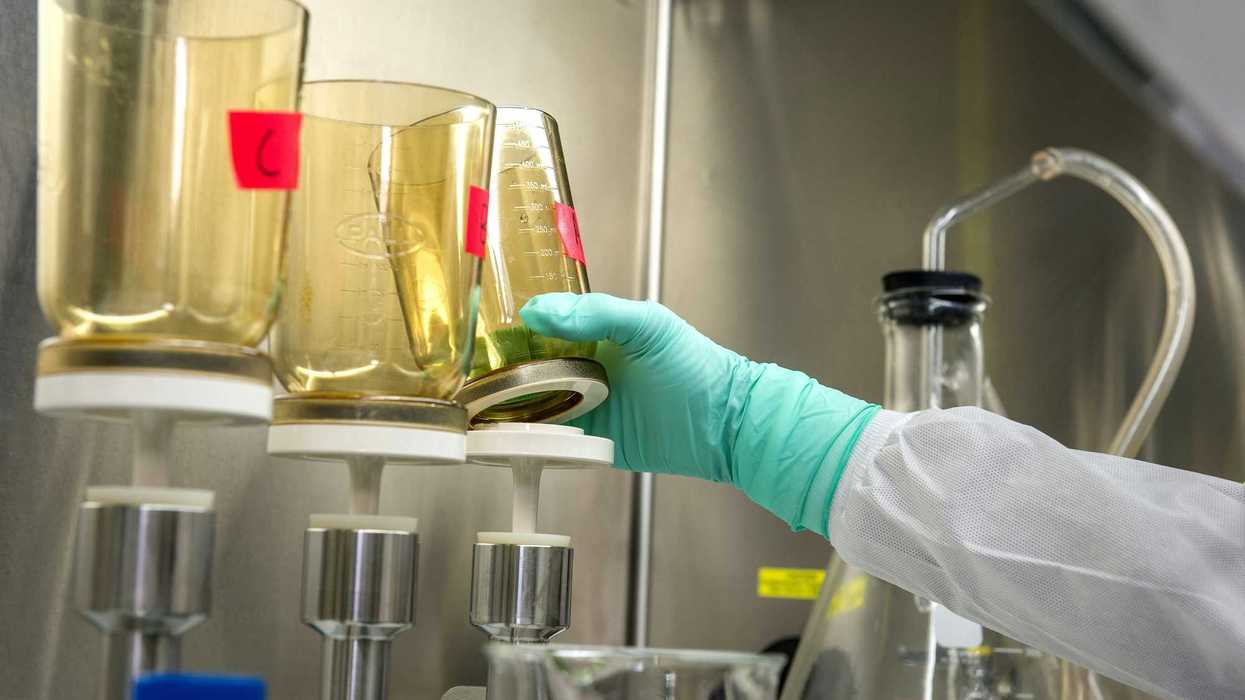In a recent examination, incarcerated individuals across the U.S. face serious health risks due to unsafe drinking water, a challenge compounded by outdated infrastructure and environmental hazards.
Lela Nargi reports for the Guardian.
In short:
- Incarcerated people are often forced to drink contaminated water, leading to illnesses such as lead poisoning and exposure to hazardous chemicals.
- Federal and state facilities face significant challenges in providing safe drinking water, with many located near polluted areas or suffering from deteriorating infrastructure.
- Efforts to address these issues are hampered by limited funding and the complex regulatory landscape overseeing prison water quality.
Key quote:
"There is hesitancy to spend money on upgrading facilities for folks who are incarcerated."
— Leslie Soble, senior grant manager at Impact Justice
Why this matters:
Unsafe water in U.S. prisons isn't just a health issue; it's a stark reminder of the inequalities embedded within the criminal justice system. Reports from various states have highlighted how inmates are exposed to water that's often contaminated with lead, arsenic, and other toxic substances. These conditions can lead to a myriad of health problems, ranging from acute illnesses to long-term chronic conditions, disproportionately affecting marginalized communities.














